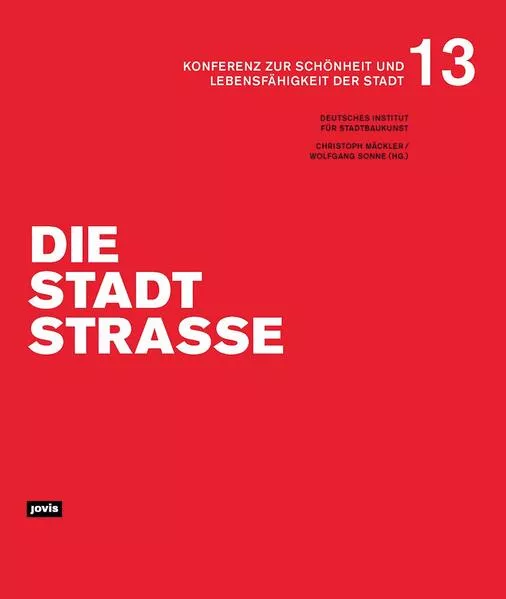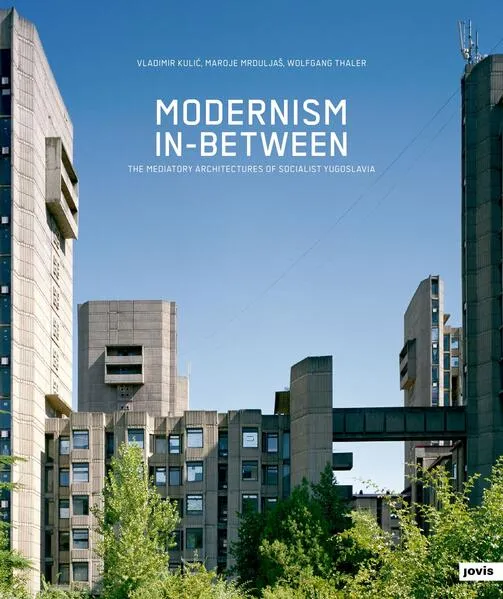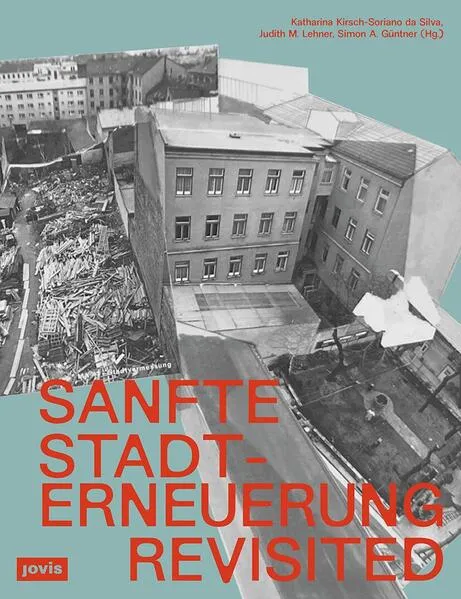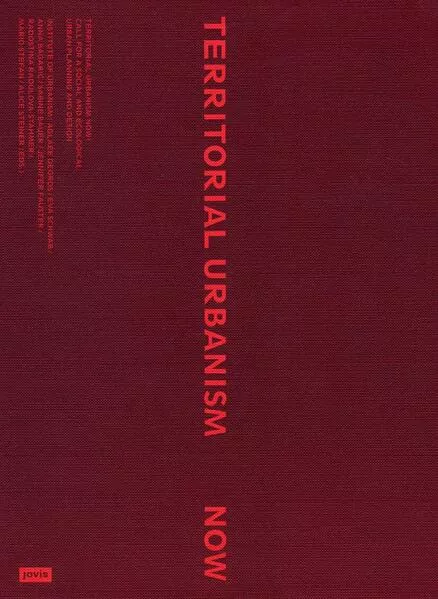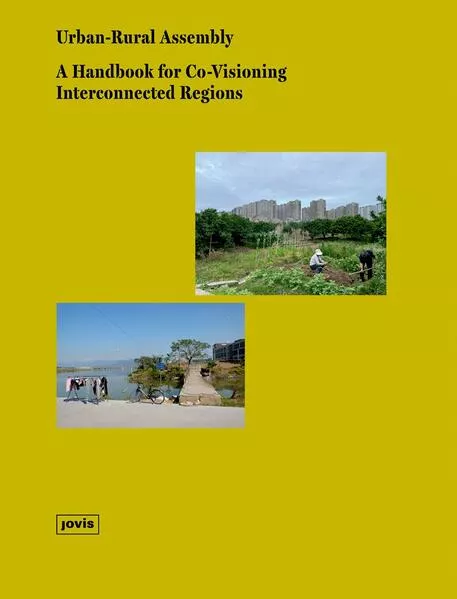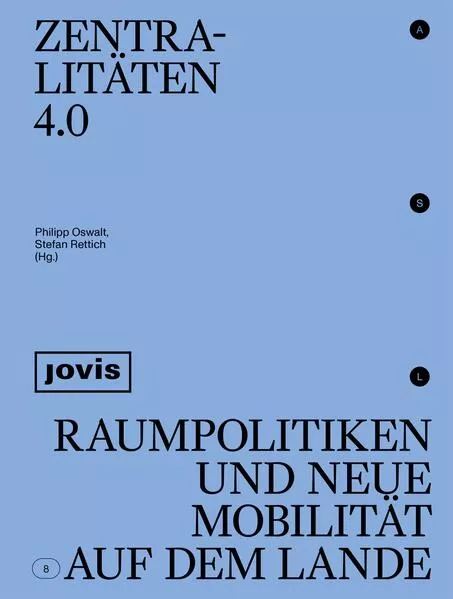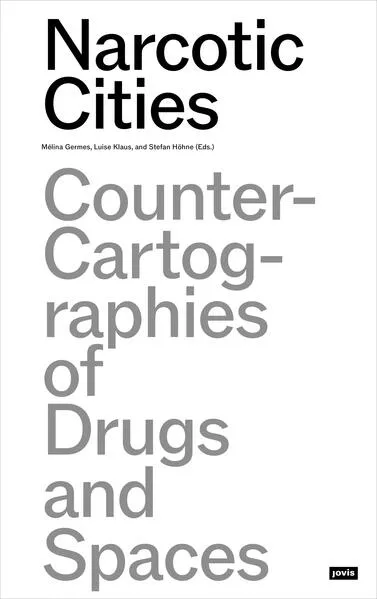
Mélina Germes
Narcotic Cities
- Counter-Cartographies of Drugs and Spaces
ISBN: 978-3-986-12000-9
320 Seiten | € 39.00
Buch [Taschenbuch]
Erscheinungsdatum:
18.09.2023
Politik
Mélina Germes
Narcotic Cities
Counter-Cartographies of Drugs and Spaces
With debates about the decriminalization of drugs on the rise, an exploration of drug maps is long overdue. Narcotic Cities traces the complex entanglements of drugs, institutions, activities, and the way they are represented with spaces and places, shedding new light on our cities. Through the medium of graphic essays, this book explores urban stories, as well as the histories, policies, communities, digital spaces, and pleasures associated with drugs, gathering together more than forty contributors working with Geographic Information Systems, hand drawings, satellite images, and memories. By experimenting with different graphic languages, this volume assembles a rich mosaic of multi-scalar urban perspectives on drugs, sharing little-known knowledge as well as reflections on the pitfalls, omissions, and failures of drug cartographies.
Unterstütze den lokalen Buchhandel
Nutze die PLZ-Suche um einen Buchhändler in Deiner Nähe zu finden.
Bestelle dieses Buch im Internet
| Veröffentlichung: | 18.09.2023 |
| Höhe/Breite/Gewicht | H 29,7 cm / B 18,7 cm / 840 g |
| Seiten | 320 |
| Art des Mediums | Buch [Taschenbuch] |
| Preis DE | EUR 39.00 |
| Preis AT | EUR 39.00 |
| Auflage | 1. Auflage |
| ISBN-13 | 978-3-986-12000-9 |
| ISBN-10 | 3986120009 |
Über die Autorin
Mélina Germes is a social and urban geographer based in Bordeaux and Berlin. She is a permanent CNRS researcher at PASSAGES, Centre Emile Durkheim, and Centre Marc Bloch. In addition to critical cartography, her work focuses on topics ranging from urban policies in France and Germany to ableism and disability. Stefan Höhne is an urban and cultural historian based in Berlin and Essen, where he works at the Kulturwissenschaftliches Institut Essen (KWI). His research focuses on the entanglement of technology, governmentality, and everyday life in Europe and North America during the twentieth and twenty-first century. Luise Klaus is a social geographer currently completing her PhD at the Goethe University Frankfurt. She studies the everyday lives of marginalized drug users in German cities using emotional mapping interviews. Her research focuses on the relationships between urban policies, criminalization, policing, and social work.Diesen Artikel teilen
0 Kommentar zu diesem Buch
.... weitere Publikationen von JOVIS Verlag
Leserunde
Okkultes Historiendrama über den bedeutendsten Geheimkult der Antike - Spannung, Archäologie, Liebe und Mystery
Bewerbungsfrist bis zum: 17.03.2026





